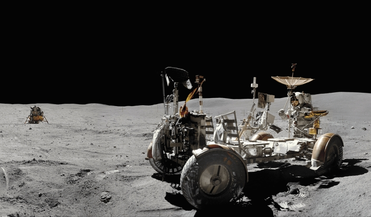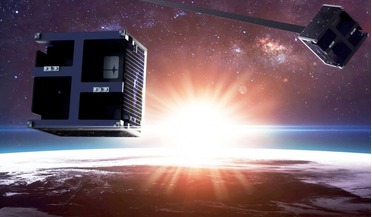 April 2021
Managing the Moon - a model for engaging with planetary environments
April 2021
Managing the Moon - a model for engaging with planetary environments
..., with at least 10 missions scheduled before the end of 2021. International treaties such as the Outer Space Treaty (OST) are clear that no territorial claims can be made in space, but the legality of resource extraction is less clear. This position...
 05 August 2019
Weaponised satellites to be part of new space force says France
05 August 2019
Weaponised satellites to be part of new space force says France
... personnel on 26 July. The minister did emphasise however that France has no intention of violating the international Outer Space Treaty of 1967 which prohibits the testing of weapons of mass destruction or nuclear weapons in orbit. Neither do they...
 September 2020
Tackling space debris - a global priority
September 2020
Tackling space debris - a global priority
... Age, the spacefaring nations conducted operations according to their own rules or their interpretation of the Outer Space Treaty of 1967. As a result, space and the Earth’s orbital regimes were treated as a vast and unlimited resource, and both GEO...
 February 2022
A new legal system for space
February 2022
A new legal system for space
..., got me thinking about the laws that are applicable in space. Many governments signed the UN Outer Space Treaty (OST) in 1967, but the OST only governs what governments do in space, not private companies. Five decades ago, the thought of a private...
 January 2023
Space sustainability imperative
January 2023
Space sustainability imperative
..., it is the big spacefaring nations that are taking up all the space in space. Space cannot be locked up just by 11 launching states. The other 135 signatories to the Outer Space Treaty should also have an opportunity to benefit from that environment...
 30 May 2018
China opens up its space station to the world
30 May 2018
China opens up its space station to the world
... not only to China, but also to the world. Just as the Outer Space Treaty of 1967 proclaimed, the exploration and use of outer space shall be a common province for humankind. Outer space should become a new domain for promoting the common interests...